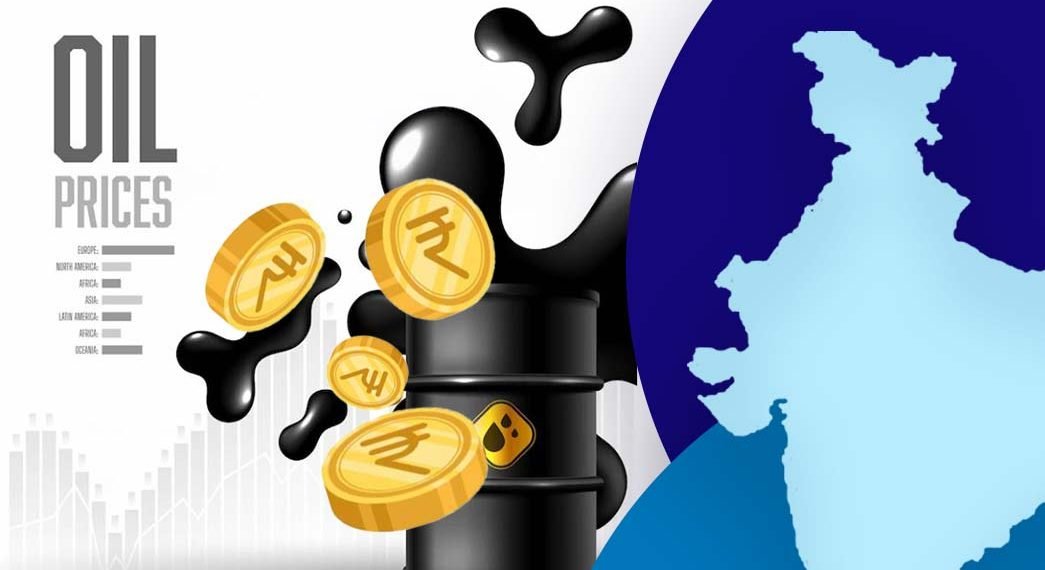Inflation of any form has an impact on the economy. In addition to the general rise in prices of goods and services, inflation is also the decrease in the purchasing power of money. Inflation across various sectors, such as medical inflation, oil price inflation, and food inflation, has a very tangible impact on a country’s economy. India, too, is not immune to the effects of inflation. Global oil prices and inflation in India are closely linked.
A range of reasons has impacted oil prices over the last few years. The COVID-19 pandemic and the Russia-Ukraine conflict, among other reasons, have led to fluctuations in global oil prices. Global oil prices have also considerably impacted the Indian economy and inflation. India’s retail inflation for September 2022 jumped to 7.41% from 7% in August 2022.
Oil consumption trends in India
Over the years, the consumption of oil, natural gas, and petroleum products has seen a steady rise. As per a report by the Petroleum Planning & Analysis Cell of the Ministry of Petroleum & Natural Gas, India saw a petroleum consumption volume of 17.2 million metric tons (MMT) in September 2022, recording a growth of 8.1%. In September 2021, the volume of consumption was 15.9 MMT.
Similarly, petroleum products saw a consumption volume of 107.73 MMT between April 2022 and September 2022. There was a 13.4% consumption growth for the same period in 2021.
Given the amount of petrol, oil, and natural gas consumption in India, there is a direct and significant relationship between oil prices and inflation in India.
How oil prices affect inflation
Oil prices affect inflation rates directly as well as indirectly. In India, the net import bill for oil and gas in September 2022 stood at $10.7 billion. The amount was $9.4 billion in September 2021. An increase in oil prices will increase the import bill, placing further pressure on the economy.
An increase in the import bill will also lead to a rise in the current account deficit. Here, the relationship between oil prices and inflation in India affects the value of the rupee. A great deficit value will force India to buy dollars to meet expenses. This, in turn, leads to a fall in the value of the rupee. A report by the International Energy Agency has estimated that if crude oil prices in India go up by 10%, the Wholesale Price Index (WPI) will rise by 0.9%.
Crude oil goes into manufacturing several products such as petrol, diesel, petroleum chemicals, plastic, and cooking gas, among others. A rise in oil prices will increase the production cost of the products mentioned above and their allied goods.
Crude oil – in the form of petroleum, diesel, and natural gas – is an indispensable part of the transportation industry. As fuel prices increase, the cost of transportation increases. This added cost seeps into the price of consumer goods and services, elevating it.
Several unforeseen circumstances have led to a rise in the price of crude oil across the world over the last few years. The Indian economy, like all others, will be directly affected by the fluctuations in oil prices. With the close relationship between oil prices and inflation in India, the government will be keeping a close eye on the resultant economic trends in the near future.








